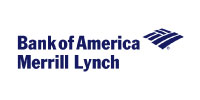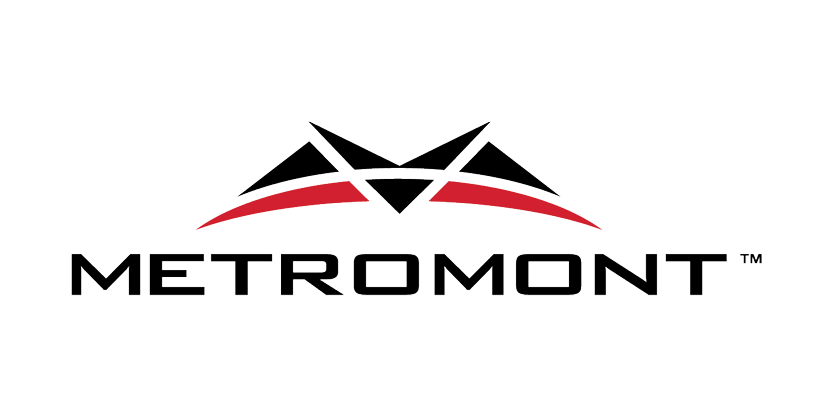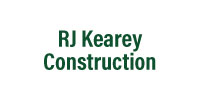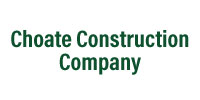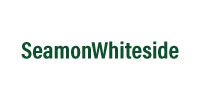Posted on June 10, 2019
On Monday, June 3, 2019, proposed planning and zoning fee changes were presented to the Cabarrus County Board of Commissioners, based on a recent study evaluating the potential to move to a full cost-recovery model. Along with changes in the cost of permit fees, staff is proposing changing new construction permits to a single permit (blanket permits).
On Wednesday, June 19, Cabarrus County Planning staff is inviting builders to come to an open session from 1-3 p.m. in the Multi-Purpose Room at the Cabarrus County Governmental Center. During this session staff will discuss why these fees are being proposed, give examples of how fees are charged now, and what the fees would be if adopted as proposed. Staff will be able to answer any questions and hear any feedback that you have.
Cabarrus County Development Fee Meeting
Wednesday, June 19
1:00 PM to 3:00 PM
Cabarrus County Government Resource Center – Multipurpose Room
65 Church Street S.
Concord, NC 28025
*It is very important that we have a strong showing at this meeting with staff*







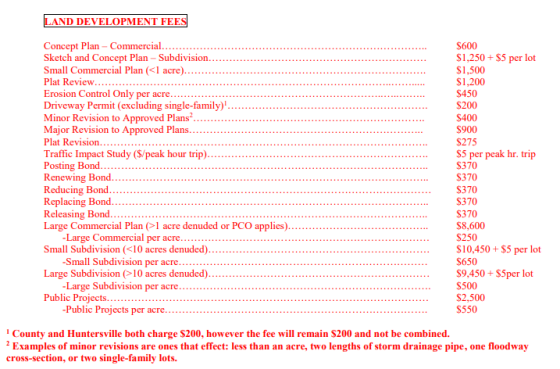

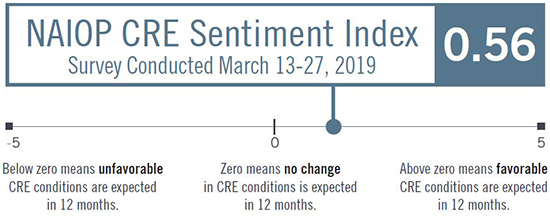







 The Charlotte City Council will vote next Monday night on the new
The Charlotte City Council will vote next Monday night on the new 
 On March 21,
On March 21,  This year, the Charlotte Business Journal added a new awards program to recognize established local leaders who have a strong vision for their companies, have shown commitment to culture in the workplace and made significant contributions to the community.
This year, the Charlotte Business Journal added a new awards program to recognize established local leaders who have a strong vision for their companies, have shown commitment to culture in the workplace and made significant contributions to the community. 